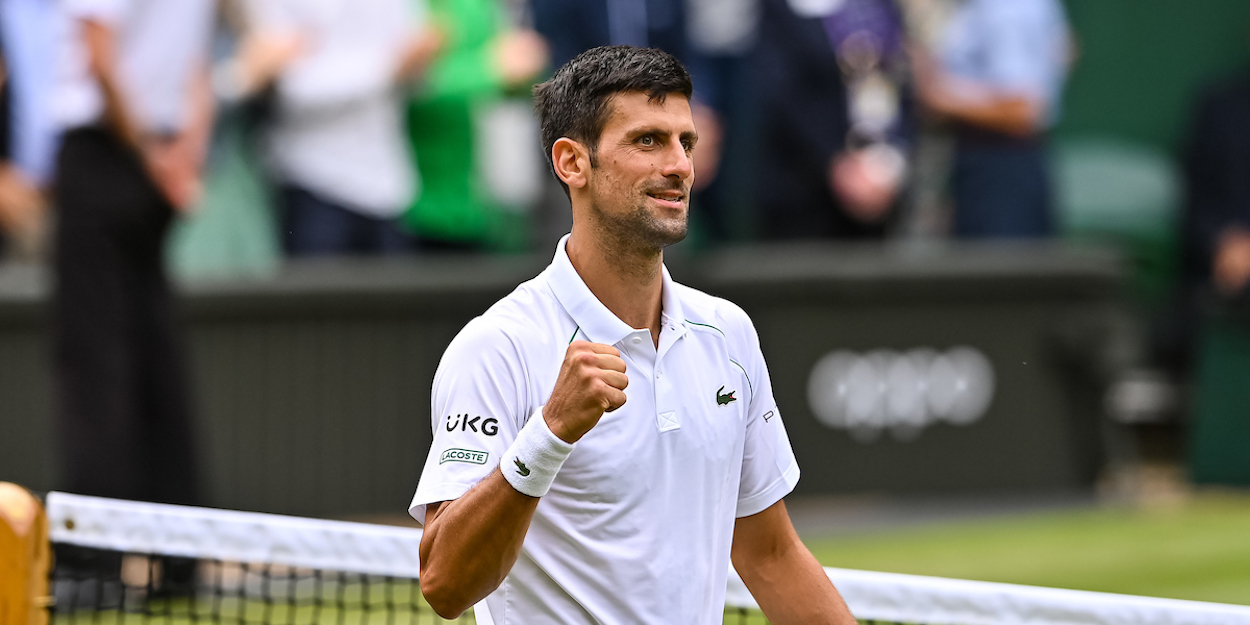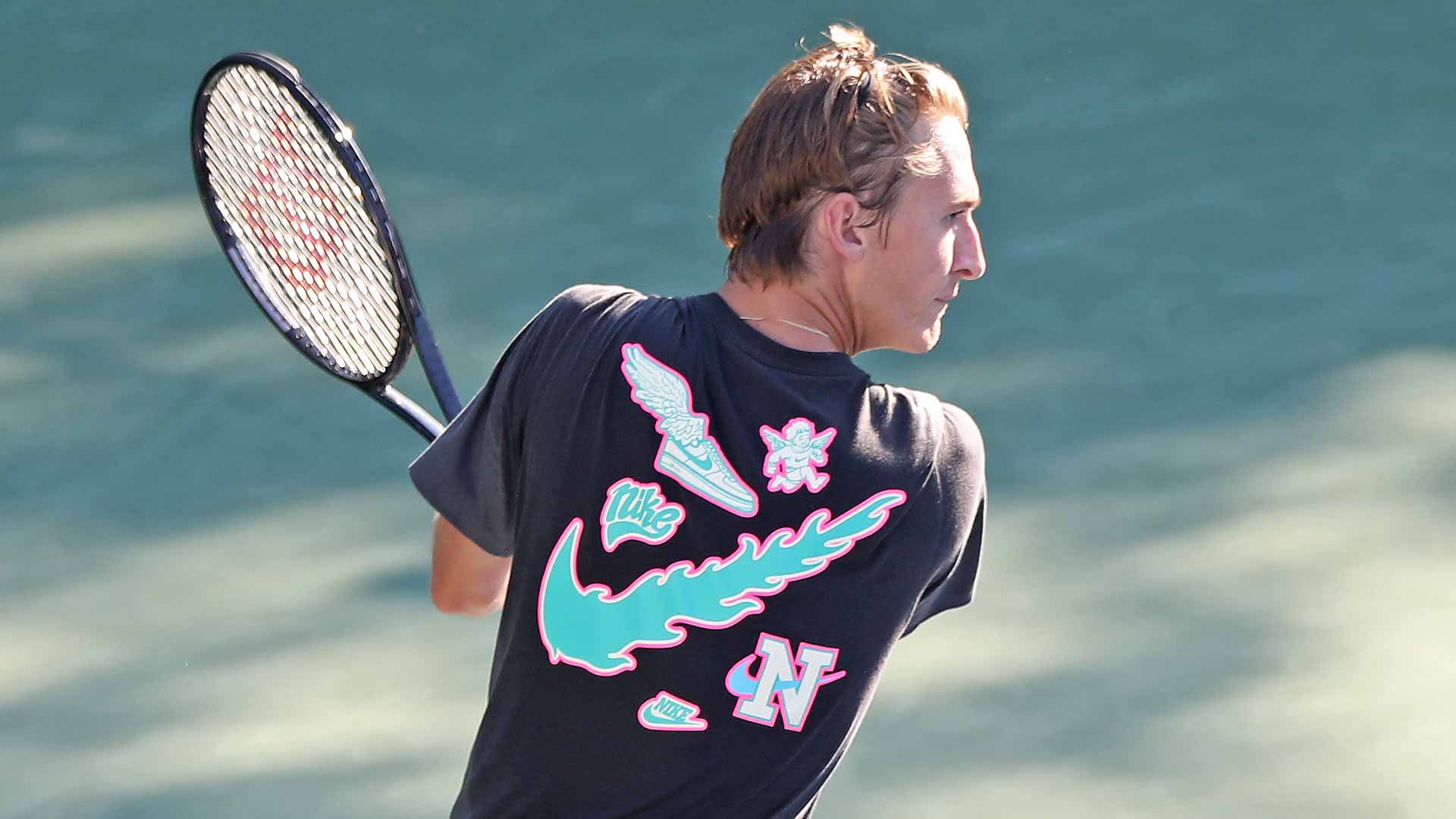With the 2023 Wimbledon Championship getting as close as ever, let’s look back on some of the stars who entertained those with Wimbledon Tickets the most before the big three came along.
Chris Evert
In her heyday, Chris Evert was virtually unbeatable on clay. Still, she had the unfortunate timing of competing against Martina Navratilova, who is thought to be the most superb female grasscourt player in history. Evert made it to the Wimbledon final ten times, but only three times did they come out on top, losing to Navratilova five times in a row in the championship match.
But in 1976, Evert defeated Navratilova in the quarterfinals before defeating Evonne Goolagong Cawley in the championship match to win her second Wimbledon title. Evert was only 21 years old at the time, but she would win Wimbledon again.
By far, Evert’s most spectacular performance was during the 1981 event. She gave a run for your Wimbledon Tickets. She only dropped a set part of the tournament, and in each of her final four matches, she only lost four games.
In the final, she defeated Hana Mandlikova 6-2, 6-2. Evert already benefited from Mandlikova’s victory over Navratilova in the semifinals.
Even though the grass wasn’t Evert’s favourite surface, she was able to compete for the championship almost every year and is undoubtedly one of tennis’ greatest Wimbledon players ever.
Boris Becker
Before turning 19, Boris Becker won two Wimbledon championships, raising the possibility that he would one day dominate the All-England Club. He would rule Wimbledon for many years because of his strong serve, outstanding volley, and capacity to dive and bounce about the grass court.
Even at 21, he won his third Wimbledon championship in 1989, but he never repeated the feat.
Becker’s first Wimbledon victory, when he turned 17 and became the youngest man and first unseeded player to do so, was his most momentous triumph. He did it in a showy manner that earned him a crowd favourite.
Tennis-wise, his victories at his second and third Wimbledon tournaments were more noteworthy. In the 1986 championship match, Becker defeated top-seeded Ivan Lendl in straight sets. In his final two games of 1989, Becker also defeated Lendl and Stefan Edberg, the latter in straight sets.
Nearly as crucial as his performance was Becker’s flare. He was a favourite among those with Wimbledon tickets.
John McEnroe
Incredibly, John McEnroe never won Wimbledon again after dominating the competition at 25 in 1984. Despite having one of the most dominant seasons in men’s tennis history in 1984, McEnroe never won a Grand Slam title after 25.
McEnroe’s heartbreaking five-set defeat to Bjorn Borg in the 1980 championship match merely prepared him for his age-of-22 victory against Borg in the 1981 championship match.
Following his defeat to Jimmy Connors in the Wimbledon final in 1982, McEnroe performed a pair of outstanding performances. He only dropped one set during his winning streak at Wimbledon in 1983, against Chris Lewis 6-2, 6-2, 6-2. The following year, he defeated Connors 6-1, 6-1, 6-2 in the most incredible display of grasscourt tennis in history. He lost just one set the entire time on his route to winning the championship.
According to the New York Times, McEnroe declared after that match, “That’s the best I’ve ever played.”
Venus Williams
Only Martina Navratilova and Steffi Graf have won more women’s singles titles at Wimbledon than Venus Williams, with five.
Williams has a tendency to perform at her best at the All-England Club. In none of her five Wimbledon championship runs was she the top seed, and only once was she in the top four.
To win her maiden championship in 2000, Williams defeated Martina Hingis and Lindsay Davenport, the top two players in the world. Nevertheless, Williams’ ability to compete in championships was most demonstrated when she won her third and fourth Wimbledon titles.
When she started the 2005 Wimbledon competition ranked No. 16 and seeded 14th, she had already been defeated in the fourth round of the Australian Open and also the third round of the French Open. Williams continued to dominate Wimbledon, defeating the No. 2 seed Maria Sharapova in the quarterfinals and the No. 1 seed Lindsay Davenport in the championship match.
Following two seasons marred by injuries, Williams entered Wimbledon in 2007, placed 31st and seeded No. 23. She battled against unknown opponents during the event’s first week. However, she took the second week by storm, winning her final four matches in straight sets, three of which were against top-six opponents. Williams became the player with the lowest seed to win a Wimbledon championship.
Williams won five of her seven Grand Slam championships at Wimbledon. On the grass at Wimbledon, Venus Williams was and is capable of defeating anyone, despite not being as skilled as sister Serena on all surfaces.
Rod Laver
If professionals had been allowed to compete in Wimbledon in the middle of the 1960s, it is impossible to say how many championships Rod Laver would have won.
Laver has a part in four Wimbledons in a row and won all of them. He won the competition during his final two years as an amateur; then, in 1968 and 1969, he won the first two Wimbledons of the Open Era. His most successful years, between 1963 and 1967, included five Wimbledons from which he was barred and during which he dominated the pro circuit.
Laver’s 1968 title run was significant historically because it was the first Open Wimbledon, and he defeated Tony Roche and Arthur Ashe in the decisive finals without dropping a set.
His Wimbledon victories in 1962 and 1969 were particularly noteworthy because they coincided with his Grand Slam years. He is the only guy to win both significant event sweeps in the same year. Laver, who was 30 years old, had to defeat John Newcombe, Cliff Drysdale, Ashe, and Stan Smith to win his final Wimbledon championship in 1969.
Laver is one of the greatest tennis players by almost any standard. In the Tennis Channel’s 2012 list of the greatest 100 players in tennis history, he is ranked No. 2.
Bjorn Borg
Bjorn Borg set a record for men at the All England Club by winning five straight Wimbledon championships, which Roger Federer eventually matched. (The record excludes titles won back-to-back before 1923 when the incumbent champion just needed to win one match to retain the title.
When he first competed at Wimbledon, Borg could have been a better grasscourt player, but he improved his skills to dominate on the challenging surface. Borg demonstrated that you might win at Wimbledon with excellent groundstrokes and a competent serve and volley at a period when serve-and-volley players dominated on grass.
By the time he won his maiden Wimbledon championship in 1976, one month after turning 20, he had already won two French Opens. Interestingly, his first Wimbledon victory came shortly after his most mediocre French Open showing, a semifinal defeat.
The guy has yet to accomplish what Borg did in 1976 when he won his first Wimbledon championship without dropping a set. The following year, he needed to triumph in three five-set matches, including a gruelling victory over Jimmy Connors in the championship match.
However, his final Wimbledon victory in 1980 will always be remembered. In addition to the high calibre of play, Borg’s thrilling 1-6, 7-5, 6-3, 6-7, 8-6 triumph over John McEnroe was noteworthy for his ability to bounce back from the heartbreaking 18-16 tiebreaker loss in the fourth set to win the decisive set.
Wimbledon is set to host games at total capacity. Now more than ever, Wimbledon tickets are in high demand, so official retailers might not be the ideal place for you to be assured of a ticket. Trusted reseller sites can help you source Wimbledon tickets.





















